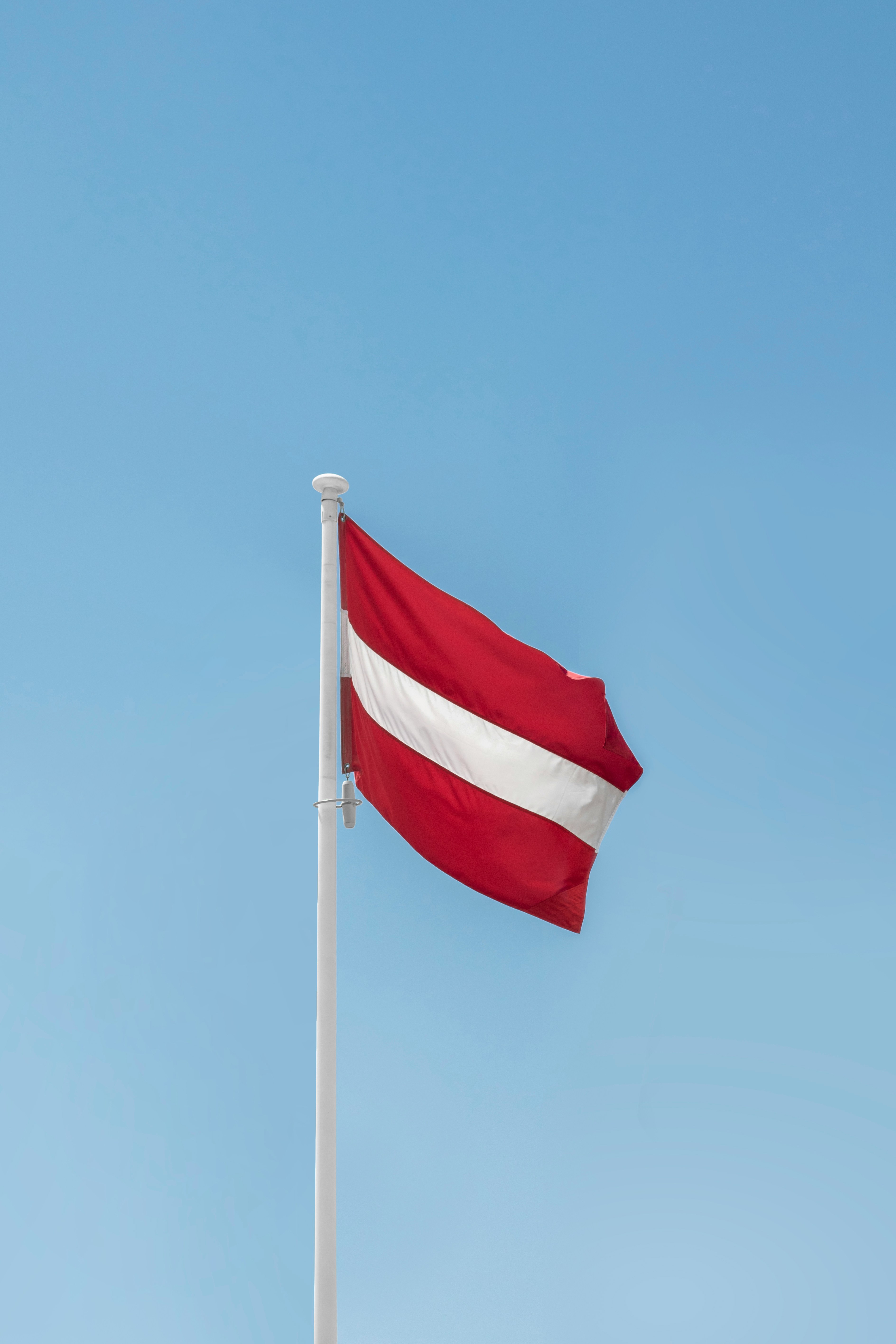
Image source - aboodi vesakaran
This article was originally published on Jan 22, 2025.
Successfully winning 29% of the vote in Austria’s General Election back in September, the far-right Freedom Party or FPÖ have been poised to take power, with its leader Herbert Kickl likely to become Austria’s next chancellor. Campaigning on a strong anti-immigration base and fuelled by identity politics, the party shares some uncomfortable parallels with the party of another Austrian dictator, leading to some significant questions about the role of the past in the politics of today.
Founded after the Second World War and initially led by a former SS leader, the FPÖ has always been linked, albeit subtly, to Hitler’s Nazi Regime, with its rhetoric echoing that heard throughout the Third Reich. Recent scandals include reports of FPÖ members singing an SS anthem at the funeral of a former member as well as Kickl referring to himself as ‘Volkskanzler’ or people’s chancellor, the same term used by Hitler himself. The FPÖ has also made moves to villainize its political opponents claiming them to all be part of a singular opposition party, bent on undermining their authority. Further parallels extend into party policy, with calls for ‘remigration’ of foreign-born citizens, traditional values under a gender binary and criticism of the European Union.
This cultivation of a Nazi adjacent aesthetic appears as a hybridisation of modern populism and twentieth century fascism, asking questions about how much sway history has on the electorate. With the horrors of the Nazi regime still within living memory, do people actively look back at history to inform their political action?
Austria has always had a troubled relationship with its role in the Third Reich. The Austrian victim theory, developed out of interpretations of the 1943 Moscow Declaration, argues Austria was a casualty of Hitler’s expansionist regime, limiting the country’s confrontation of its own responsibility. The following decades saw this apathy maintained, with Austria preferring to gloss over its involvement in the atrocities, presenting an alternative narrative of Austrian exploitation.
This changed in the 1980s after President of Austria Kurt Waldheim was barred from entering the United States due to suspicions he had been involved in Nazi war crimes. With Austria’s past directly impacting its international reputation, a grass-roots movement was established, encouraging Austrians to confront their difficult past, culminating with Federal Chancellor Franz Vranitzky addressing Austria’s shared responsibility in the early 1990s. At the time, the Waldheim affair seemed to mark a turning point in the Austrian psyche, with a range of initiatives, such as Vienna declaring Spielberg’s ‘Schindler’s List’ to be shown to all schoolchildren living in the city.
Austria seems to have gradually retracted from this initial optimism with the FPÖ gaining sustained support throughout the twenty-first century, suggesting growing indifference to the party’s origins and Austria’s past in general. I believe this can be attributed to several factors, ranging from the normalisation of imperfect authorities, amended ideology and growing voter dissatisfaction.
The election of Donald Trump in 2016 (and again in 2024) set a precedent for what a leader could realistically get away with, distancing morality from perceived political success. The American public were willing to overlook Trump’s faults if they believed he could benefit them in some way, in this case regarding the economy and immigration controls. For the FPÖ, their tough stance on immigration and rejection of aid to Ukraine appeared to resonate with the Austrian electorate, with the perceived benefits of these changes outweighing any moral ambiguity surrounding the parties past.
In terms of the actual actions of the Nazis and the parallels that can be drawn with the FPÖ, I believe changes in contested issues have allowed for the party to present an alternative form of far-right. While Hitler’s fascism focused on the demonisation of the Jews, the FPÖ turns its attention to Muslims, claiming they pose a dangerous threat to Austrian values, as well as the safety of women within the country. While using similarly baseless claims, this clear distinction allows the FPÖ to distance itself far enough from Nazism to claim plausible deniability. Essentially voters don’t have to be dissuaded by historical associations because they no longer exist in the ‘same way’.
If we treat the past as wholly separate from the present, we create a reality uninfluenced by it, allowing political actors to directly defy the constraints set by hindsight. It’s not that the Austrian population is unaware of its past, or even indifferent to it, instead voters simply prioritise their present. Morality takes a backseat, as do the possible dire consequences of FPÖ governance, fuelled by fear mongering and online echo chambers. Voters like to believe the atrocities of the Nazi regime cannot be repeated, preferring to subscribe to Nazi-parallel ideology in the belief it will make their lives better.
With similar electoral success of the far-right in other European countries, such as the rise of the AFD in Germany and election of Geert Wilders in the Netherlands, it seems this form of historical amnesia could continue. States need to look at how their education systems and cultural institutions frame the teaching of history – shifting it from being simply the study of the past to also a frame in which to understand the present. While it seems impossible to turn the tide on the far-right at this moment especially, investment in education seems the best avenue to prevent lasting damage.